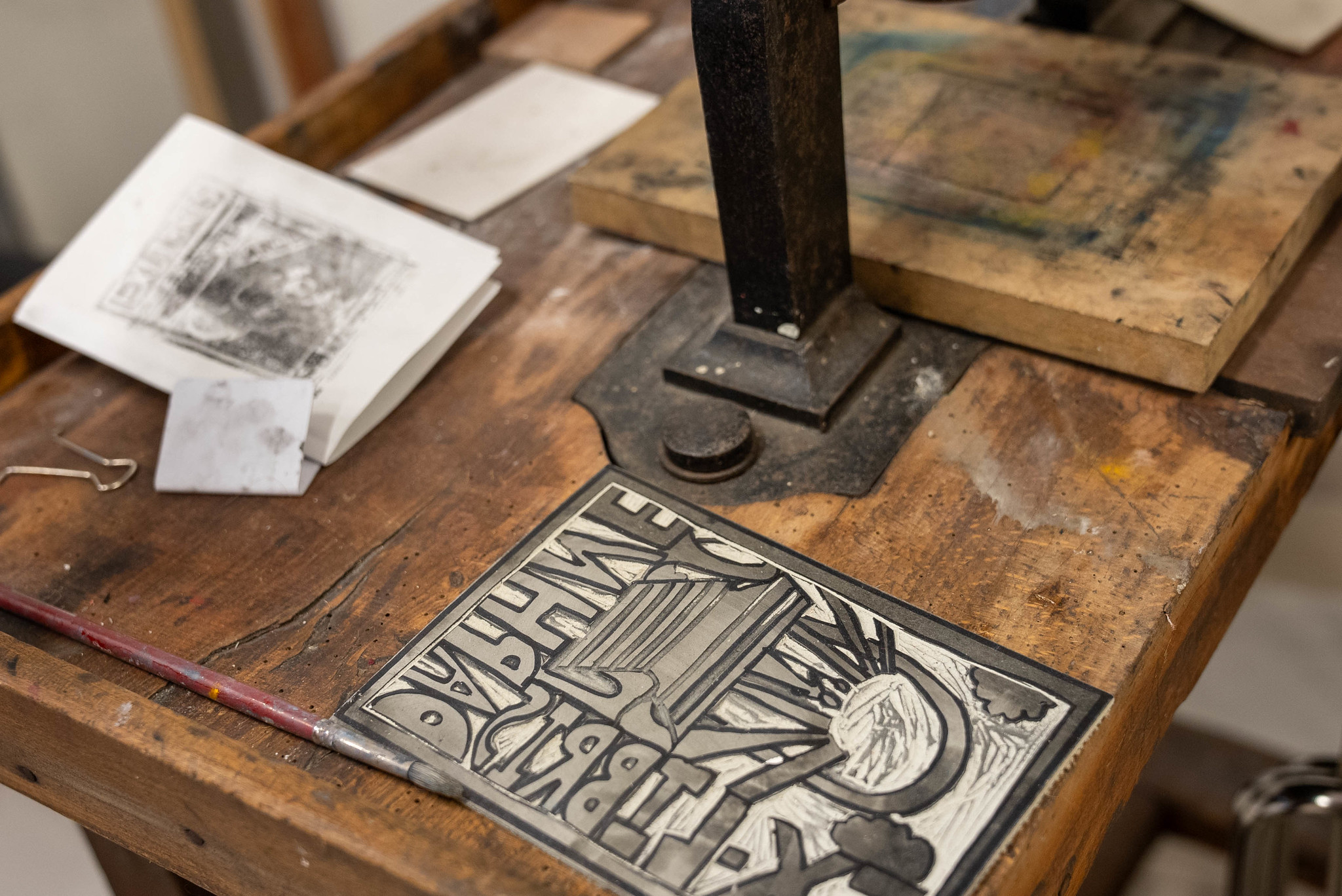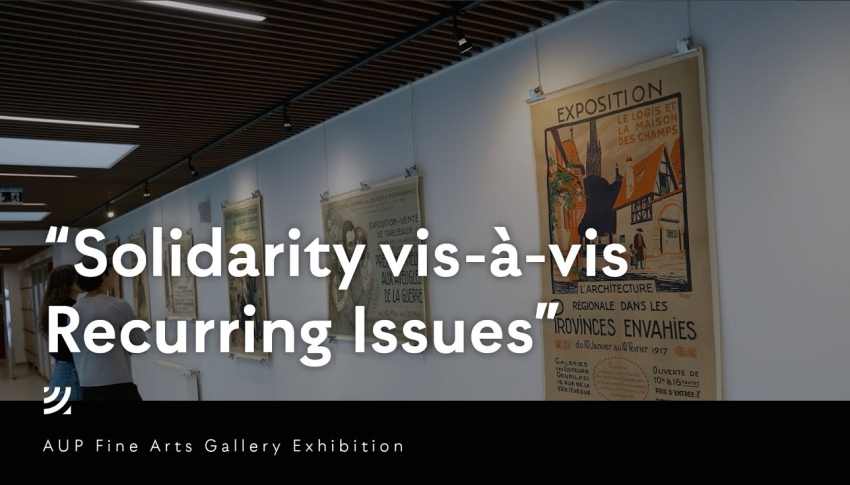- About AUP
- History of AUP
- Mission & Core Values
- Vision and Leadership
- AUP Recognition
- Alumni Success
- Campus Development
- Arts at AUP
- Policies & Guidelines
- Academics
- Undergraduate
- Graduate Programs
- MA in Diplomacy and International Law
- MA in Global Communications
- MSc in Human Rights and Data Science
- MA in International Affairs
- MA in International Affairs, Conflict Resolution, and Civil Society Development
- MSc in International Management
- MSc in Strategic Brand Management
- Find Your Thesis Advisor
- Previous Programs
- Cultural Program
- Faculty
- Summer School
- Research Centers
- The Center for Critical Democracy Studies
- Upcoming Events
- Research Projects
- Fellows’ Publications
- Publishing
- Curriculum
- Community
- Visiting Scholars
- CCDS Highlights
- Atelier de Théorie Politique – Paris
- Critical Theory 101: Future Directions and New Challenges
- Martti Koskenniemi on “The Law of International Society: A Road not Taken”
- Academic Freedom Symposium
- Tocqueville Colloque 2023
- Violent Turns Conference
- Degenerations of Democracy
- DEMOS21 Inaugural Event
- What Demos for the 21st Century?
- The Paris Centennial Conference
- Justice Stephen Breyer
- Civic Jazz - The Launch of the Center
- Past Events
- FR
- The Center for Writers and Translators
- The George and Irina Schaeffer Center for the Study of Genocide, Human Rights and Conflict Prevention
- The Joy and Edward Frieman Environmental Science Center
- The Center for Media, Communication & Global Change
- The Center for Critical Democracy Studies
- Departments
- Academic Resources
- Academic Affairs
- Academic Calendar
- Academic Resource Center
- Library
- Registrar's Office
- Teaching and Learning Center
- Employer Network
- Accessibility & Accommodation Services
- AI@AUP: A Campus-Level Initiative
- Quai D'Orsay Learning Commons
- Paris as Classroom
- ACE Center
- Admissions
- Student Life
- Campus
- Student Leadership & Involvement
- Paris
- Support Services
- Student Development Help Desk
- Student Accounting Services
- Student Immigration Services
- Student Grievance Procedure
- Diversity and Inclusion
- Health & Well-being
- Digital Student Handbook
- News
- Events
- AUP Giving
- Housing Offer for 2025-2026
- IT Services
- Alumni
- About AUP
- History of AUP
- Mission & Core Values
- Vision and Leadership
- AUP Recognition
- Alumni Success
- Campus Development
- Arts at AUP
- Policies & Guidelines
- Academics
- Undergraduate
- Graduate Programs
- MA in Diplomacy and International Law
- MA in Global Communications
- MSc in Human Rights and Data Science
- MA in International Affairs
- MA in International Affairs, Conflict Resolution, and Civil Society Development
- MSc in International Management
- MSc in Strategic Brand Management
- Find Your Thesis Advisor
- Previous Programs
- Cultural Program
- Faculty
- Summer School
- Research Centers
- The Center for Critical Democracy Studies
- Upcoming Events
- Research Projects
- Fellows’ Publications
- Publishing
- Curriculum
- Community
- Visiting Scholars
- CCDS Highlights
- Atelier de Théorie Politique – Paris
- Critical Theory 101: Future Directions and New Challenges
- Martti Koskenniemi on “The Law of International Society: A Road not Taken”
- Academic Freedom Symposium
- Tocqueville Colloque 2023
- Violent Turns Conference
- Degenerations of Democracy
- DEMOS21 Inaugural Event
- What Demos for the 21st Century?
- The Paris Centennial Conference
- Justice Stephen Breyer
- Civic Jazz - The Launch of the Center
- Past Events
- FR
- The Center for Writers and Translators
- The George and Irina Schaeffer Center for the Study of Genocide, Human Rights and Conflict Prevention
- The Joy and Edward Frieman Environmental Science Center
- The Center for Media, Communication & Global Change
- The Center for Critical Democracy Studies
- Departments
- Academic Resources
- Academic Affairs
- Academic Calendar
- Academic Resource Center
- Library
- Registrar's Office
- Teaching and Learning Center
- Employer Network
- Accessibility & Accommodation Services
- AI@AUP: A Campus-Level Initiative
- Quai D'Orsay Learning Commons
- Paris as Classroom
- ACE Center
- Admissions
- Student Life
- Campus
- Student Leadership & Involvement
- Paris
- Support Services
- Student Development Help Desk
- Student Accounting Services
- Student Immigration Services
- Student Grievance Procedure
- Diversity and Inclusion
- Health & Well-being
- Digital Student Handbook
- News
- Events
- AUP Giving
- Housing Offer for 2025-2026
- IT Services
- Alumni
Related Links
The dream apartment view for any student living in Paris.
Art History and Fine Arts
History Illustrated: WWI Poster Exhibit Bridges Past and Present
Home>News>
In Fall 2023, AUP Arts presented “Solidarity vis-à-vis Recurring Issues,” the third in a series of exhibits of original WWI-era lithographic posters, which were created by hand-printing images from stone or metal plates. “Solidarity,” exhibited at the Combes Gallery, explored regrettably relevant themes and highlighted how century-old events and issues mirror and shape the modern day.
An anonymous collector made "Solidarity" and the preceding shows possible through the generous donation of the works to AUP. Associate Professor of Fine Arts and University Curator, Jonathan Shimony, collaborated closely on these shows with the collector, whose interest in lithographic posters stems from their unique fusion of artistic technique and historical government propaganda. The partnership was natural; Shimony is himself a lithographer whose press resides at AUP’s Monttessuy Center for the Arts. At numerous gallery talks, he discussed the intricate artistry and historical context of lithography and the significant effort governments invested in engaging top artists to create these works.
The first exhibition was held in April 2019 in conjunction with the Paris Centennial Conference, co-organized by AUP’s Center for Critical Democracy Studies and the Belfer Center at Harvard Kennedy School to explore the impact of the Treaty of Versailles on modern international relations. AUP exhibited a stunning array of WWI propaganda posters from around the world, including France, Britain, Italy, the U.S., Germany, Austria, and Russia, as well as the Soviet Union during WWII.
In Fall 2021, amidst the Covid-19 pandemic, the collector lent a series of French government posters to AUP for the exhibit “Pandemics and Propaganda.” These works, created during the tuberculosis and Spanish flu epidemics, conveyed urgent public messages–wash your hands, don’t spit in public–that rang as familiar, despite being 100 years old. As Shimony remarked, the show helped students understand that “humanity had ‘been here before.’”
The lithographs on display for “Solidarity vis-à-vis Recurring Issues” featured requests for aid to support populations in danger during wartime. The beautiful, often lyrical images make urgent pleas for food, supplies, and money and mark the emergence of the first non-governmental organizations–a surprisingly recent development, given their ubiquity today. “[The exhibit] also demonstrated the lithograph’s place in history, art history, and society,” Shimony said.
The AUP community received “Solidarity” enthusiastically, appreciating the access to these extraordinary, museum-quality prints and the dialogue they prompted. According to AUP Senior Academic Advisor Dominique Viry, “in addition to being an artistic treasure, the collection is a true historical gem that contributes to the transmission of collective memory, a precious gift for and within a university.” As Shimony said, “AUP looks forward to future exhibits of primary documents that draw in all viewers to keep memory alive, provoke discussion, and encourage deep thinking about today’s pressing issues.”





